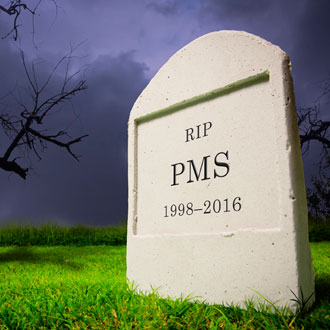Exclusive One CCG has completely abolished the PMS contractual model after 20 practices reverted to GMS in April.
All 20 practices in the NHS Dudley CCG area will now see their PMS ‘premium’ payments phased out in a seven-year transition in what is believed to be the first area to have removed all PMS contracts.
Meanwhile, NHS Coventry and Rugby CCG has also come close to abolishing the model, after 29 of the 30 PMS contracted practices reverted to GMS contracts from 1 April and will have their additional funding phased out over five years.
GP leaders said it was ‘worrying’ if PMS was being abolished unless there was another alternative contractual model to drive local innovation, or to serve atypical populations.
It comes as NHS England is looking to make £260 million savings from ‘premium’ PMS funding it says was not linked to patients receiving extra services.
When the review was launched in 2013, NHS England claimed that PMS practices were receiving on average £14 extra per patient compared with GMS counterparts.
The most recent national statistics – from 2013/14 – saw 43% of GP providers still on PMS contracts, receiving 47% of total funding to all GP practices.
However, practices in many areas have been offered the chance to have their funding removed gradually to mitigate the potential losses, including in Essex where ‘over half’ of PMS practices signed up to switch and in Cambridgeshire where 85% took up a similar offer.
In NHS Dudley CCG all practices have chosen to take up the deal which was offered after the CCG’s local review concluded 13.8% of funding to PMS practices was not linked to providing extra services.
Related articles
PMS practices offered transition deal which will preserve funding until 2016
PMS practices given reprieve as CCGs delay reviews
More than four out of five practices take up PMS ‘transition’ offer
But GP leaders reiterated warnings that the loss of the locally negotiated contractual model may lead to poorer support for particular patient groups.
NAPC chair Dr Nav Chana said: ‘The whole purpose of the PMS contract was to enable local flexible contracts for practices to design services around local populations.
‘The concern NAPC has is if the principles behind that are removed and there isn’t a mechanism by which practices can innovate and transform local services.’
GPC chair Dr Richard Vautrey said it was sensible for practices to switch to GMS is they were not serving atypical populations, however he added: ‘There will always be practices serving atypical populations and these are ideally suited for PMS contracts.
‘NHS England should continue to offer these arrangements, increasingly working with CCGs through co-commissioning, so that practices that would not be viable under a national capitation formula arrangement can continue to meet the needs of their patients.’
Dr Jas Rathore, clinical lead at NHS Dudley CCG, said no extra services will be lost, just funded via enhanced services instead.
He said: ‘After careful consideration by member practices in consultation with the CCG, Dudley PMS practices chose to convert to a GMS contract from April 2015’.
Martina Ellery, head of primary care for NHS England in Coventry said: ‘The funding released by the tapering of the PMS “premium” is… ring-fenced for the CCG area it originates from and will be reinvested into primary care.’
HSCIC statistics revealed overall PMS spend reduced by 1.4% across England between 2012/13 and 2013/14, from £3.329bn to £3.284bn.
Take Pulse’s June survey
Want to win a Samsung Smart HD TV? Then take Pulse’s multi-topic survey covering a range of areas affecting general practice.
It should take just a couple of minutes to complete, and will help Pulse gain a vital insight into the views of the profession.


















